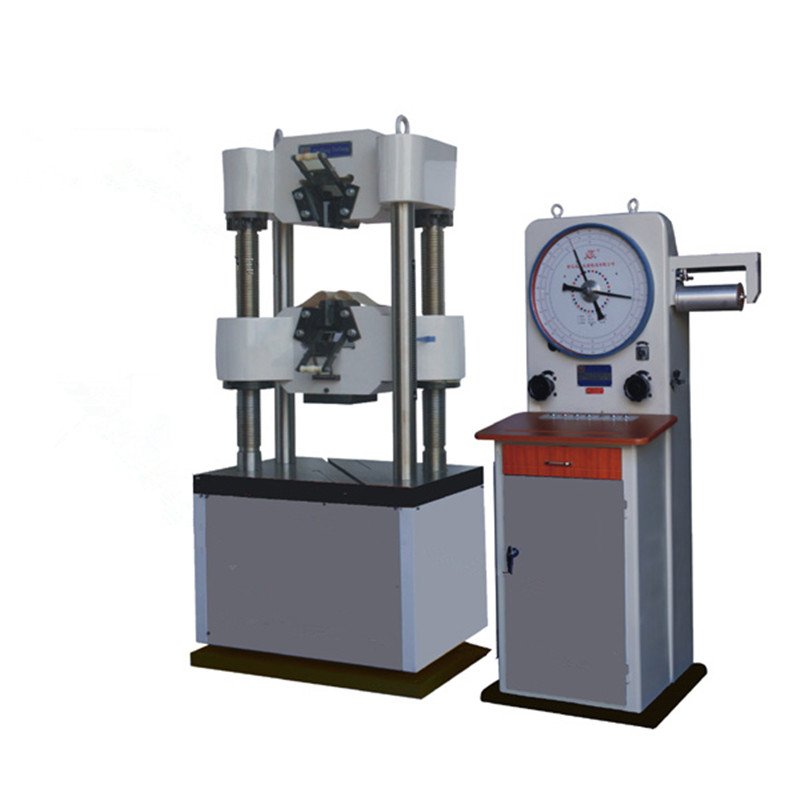
Educational Trainers
Physics Lab Equipment Manufacturer
Technical Educational Lab Equipment
Fluid Mechanics Lab Equipment Manufacturer
Refrigeration & Air Conditioning Lab
Chemical Engineering Lab Equipment Manufacturer
Automobile & Thermodynamics Engineering Models
Environmental and Bio Engineering Lab
Biochemical Engineering Lab Equipment's
Renewable Energy Engineering Lab Equipment
Mechanisms, Statics and Structures
Electrotechnical Engineering Maintenance
Data Communication And Networking
Electrical Machine Power Electronics
Showing 1 result
Universal Testing Machine


What is a Universal Testing Machine:
A Universal Testing Machine, commonly known as a UTM, is a versatile piece of equipment used to evaluate the mechanical properties of materials. It works by applying controlled forces to a specimen, measuring its response, and capturing valuable data for analysis. UTMs are extensively used across various industries, including aerospace, automotive, construction, and research institutions.
How Universal Testing Machines Work
1. Load Frame: The load frame forms the structural backbone of the UTM and houses the components that apply the force to the specimen.
2. Crosshead: The crosshead is responsible for moving the grips or fixtures that hold the specimen during testing.
3. Actuator: This component applies force to the specimen. It can be hydraulic, pneumatic, or electromechanical, depending on the UTM's design.
4. Load Cell: The load cell measures the force applied to the specimen accurately.
5. Extensometer: An extensometer measures the elongation or compression of the specimen during the test, providing valuable strain data.
6. Control System: The control system regulates the force application, ensuring precision and accuracy during testing.
Advantages of Using Universal Testing Machines
Universal Testing Machines find applications across diverse industries:
1. Construction: UTMs are used to test the strength and durability of construction materials like concrete, asphalt, and cement.
2. Manufacturing: Manufacturers rely on UTMs to verify the mechanical properties of raw materials and finished products, ensuring quality control.
3. Aerospace: In the aerospace industry, UTMs are crucial for testing materials used in aircraft components, ensuring safety and compliance with regulations.
4. Automotive: UTMs help automotive manufacturers assess the performance and safety of vehicle components and materials.
5. Research and Development: Research institutions use UTMs to conduct experiments, develop new materials, and understand material behavior under various conditions.
- Atico India supplies all kinds of universal testing machines used in all walks of life. We are Universal Testing Machine Exporter. Our machines offer high stability and high accuracy and are outfitted with highly propelled innovation. These machines are designed and developed to meet ISO and DIN standards. Please go through the page to view and choose our universal testing machine variety.
